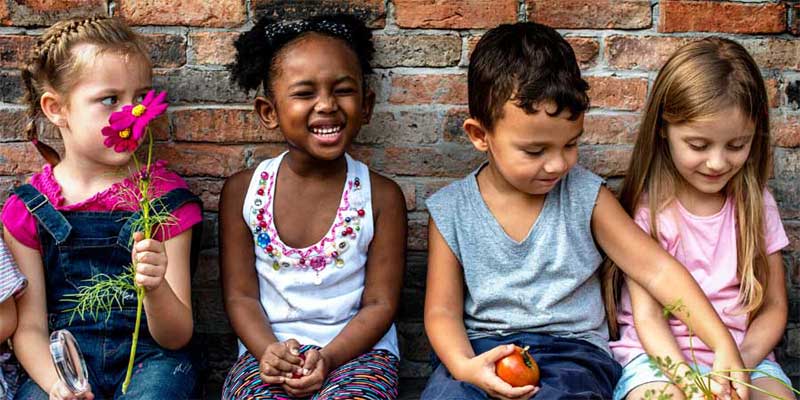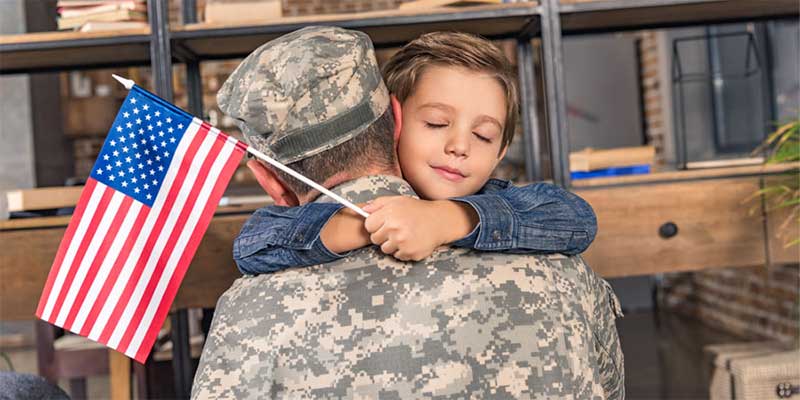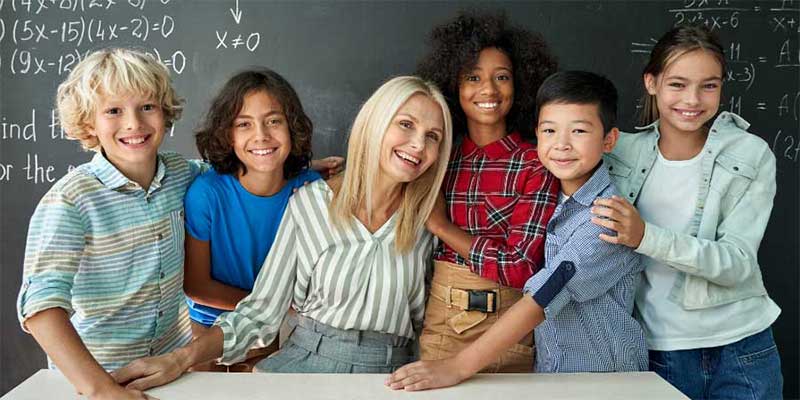Educational News
The Benefits of Social and Emotional Learning

As parents, seeing our children express kindness and consideration for others is a major heart-melting moment. We want our kids to be the most popular student in their class, the one everyone admires and wants to be friends with. But how can we help our children to become emotionally mature? Teachers and parents in recent years have turned to Social and Emotional Learning, a system of behavioral training which helps toddlers recognize their emotions, connect to their budding sense of empathy, and shift their mindset from being the center of the universe to a self-aware person within their community.
What is SEL?
SEL stands for social and emotional learning. SEL training helps children to identify and manage their emotions. Children also learn how to relate to one another and work through conflicts. They are also given personal goals for emotional growth. SEL training is designed to set children up for success throughout their lives by emphasizing self-reflection, teamwork, and long-term planning.
By implementing SEL skill building in the classroom and at home, studies have shown that young children have more positive social interactions than their counterparts and are better at managing their own emotions. Teachers incorporate this skill building during lessons, by reading stories designed to teach these skills, and by leading teamwork exercises. There are also resources online for parents who want to incorporate SEL principles and find teachable moments throughout their day, such as during tantrums, interacting with siblings, on playdates, or during times of stress or grief in the household.
The 5 Social and Emotional Learning Skills
- Self-awareness: Being aware of one’s actions and feelings is the cornerstone of SEL.
- Self-management: Children learn not only to control their own emotions and actions, but also how to create goals for themselves and stay motivated.
- Social awareness: Social awareness covers not only treating others the way you would like to be treated, but also learning about how diverse perspectives can affect a person’s feelings and behaviors, and how others might treat them differently.
- Relationship skills: Children are taught how to relate to one another and how to resolve conflicts.
- Responsible Decision Making: Actions and consequences are reviewed with children, encouraging them to think long-term about how their behavior and choices will affect their lives as they grow up.
The Benefits of SEL Training
SEL training has many benefits for children of all ages. As you can imagine, mental and emotional health improves in children who learn SEL skills. By having an understanding of their emotions and how their behavior can be affected by their mental state, children become much stronger emotionally, dealing with loss and disappointment without confusion or anger. Children who have underlying mental issues also have a better vocabulary to describe these feelings, which can help with early diagnosis of anxiety, depression, or other diseases some children develop over time. As a parent, you are also better prepared if your child does exhibit these symptoms, and are more likely to seek help and treatment without any stigma.
Since one of the major SEL skills is decision-making, children who have this training tend to have more positive interactions with others and are less likely to react in anger or retaliate against peers or parents. This is helpful as children make and foster friendships, as they interact with strangers and other adults, and when approaching new situations. Sometimes we don’t know the kind of person we are until we’re tested. SEL training prepares children for these uncertainties.
Of course, we also want to point out how improved SEL skills can help our students academically. Firstly, with the emphasis on teamwork, students are more confident in the classroom and more likely to participate in group projects or after school clubs. Secondly, the goal-setting aspect of SEL helps kids succeed with homework, studying, and longer projects. Also, students with SEL training find it easier to focus, ask for help when they need it, and organize and articulate their thoughts.
Book Recommendations to Increase SEL Skills
Books can provide SEL training for children as young as 3. Let’s take a look at some recently published books that help students with their social and emotional learning inside and outside the classroom.
- Those Shoes by Maribeth Boelts (Author) and Noah Z. Jones (Illustrator) for ages 5-8.
- The Oldest Student: How Mary Walker Learned to Read by Rita Lorraine Hubbard (Author) and Oge Mora (Illustrator) for ages 4-8.
- Because Amelia Smiled by David Ezra Stein for ages 3-7.
- Big Tree is Sick: A Story to Help Children Cope with the Serious Illness of a Loved One by Nathalie Slosse (Author), Rocio del Moral (Illustrator), and Emmi Smid (Translator) for ages 3-7.
- The Camping Trip by Jennifer K. Mann for ages 3-7.
- The Dot by Peter H. Reynolds for ages 5-9.
- Daisy by Jessica Bagley for ages 4-8.
- Crabby Pants by Julie Gassman (Author) and Richard Watson (Illustrator) for ages 4-6.
- YOU WILL BE MY FRIEND! by Peter Brown for ages 4-8.


